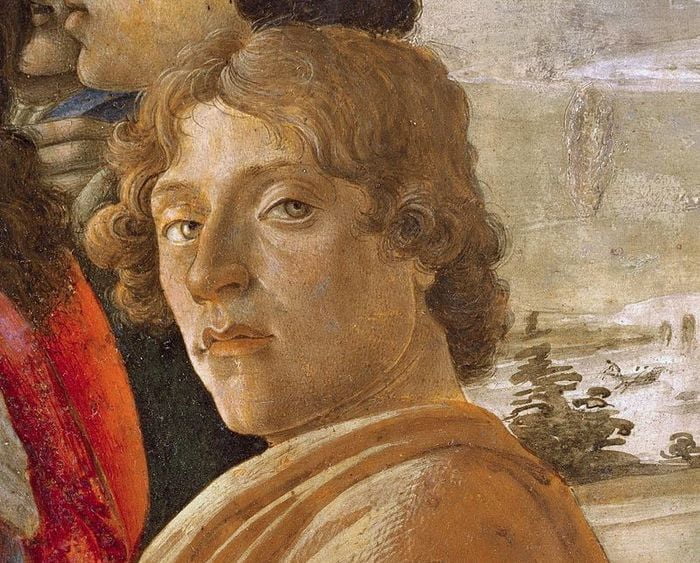Emile Zola (1840-1903)
Emile Zola was one of the most extraordinary writers of the last century. With limitless energy and scrupulous pains he constructed an imposing edifice of novels and tales, the epic of a certain French family. He preached the doctrine of Naturalism, believing that every novel or story should be based upon what he called a “human docu¬ment”.
Opinions still differ as to his importance as an artist. There is no doubt, however, that he influenced most of the fiction writers who have followed him. The prevailing tone of his work is tragic and the details sordid, but he occasionally turned to the purely fantastic. In the Tales for Nation (1864), one of his very earliest productions, he delights in relating a number of delicate fairy tales. The Fairy Amoureuse is one of the most charming of these tales.
The present version is translated by Barrett H. Clark, and appears in this collection for the first time in English.
The Fairy Amoureuse
Do you hear the rain, Nanon, beating against the windows? And the wind sighing through the long corridor? It`s a horrid night, a night when poor wretches shiver before the gates of the rich, who dance indoors in rooms bright with many gilded chandeliers. Take off those silk slippers of yours, and come sit on my knee before the blazing hearth. Lay aside your gorgeous finery: I`m going to tell you a pretty fairy tale this evening.
Once upon a time, Nanon, there stood on the top of a mountain an ancient castle, somber and forbidding to look upon. It was a mass of turrets and ramparts and portcullises with heavy clanking chains; men-at-arms clad in steel from top to toe stood guard night and day on its battlements. Of those who came to the castle only warriors found a welcome at the hands of its master, Count Enguerrand.
If you had seen this old warrior stalking through the long galleries, and heard the sudden outbursts of his dry and menacing voice, you would have trembled with fright, just like his niece Odette, a pious and pretty little lady. Have you ever seen an Easter daisy among the nettles and briars open its petals in the early morning to the first kiss of the sun?
Odette was like that, living among the rough knights in attendance on her uncle. Whenever she caught sight of him she would suddenly stop playing, and her eyes fill with tears. She had grown tall and fair, and often sighed with a vague desire for she knew not what; and every time the Lord Enguerrand appeared she was seized with an unspeakable and growing dread.
Read More about The Raising of Lazarus 2








